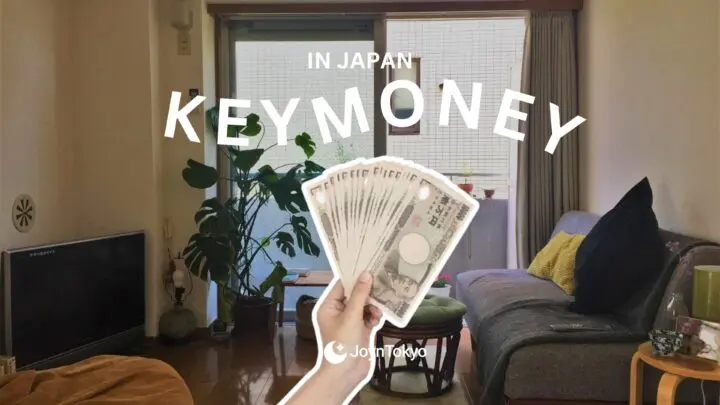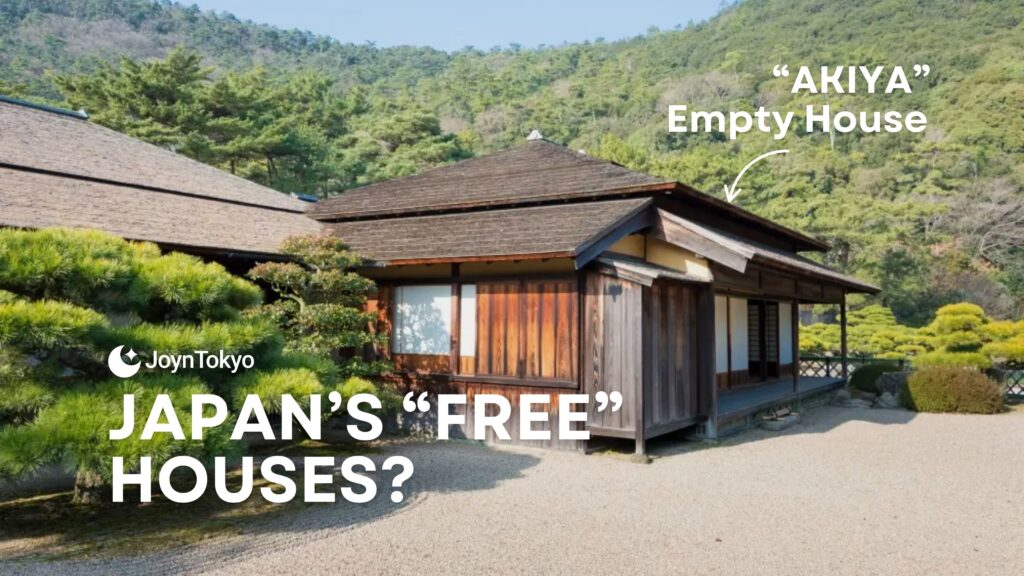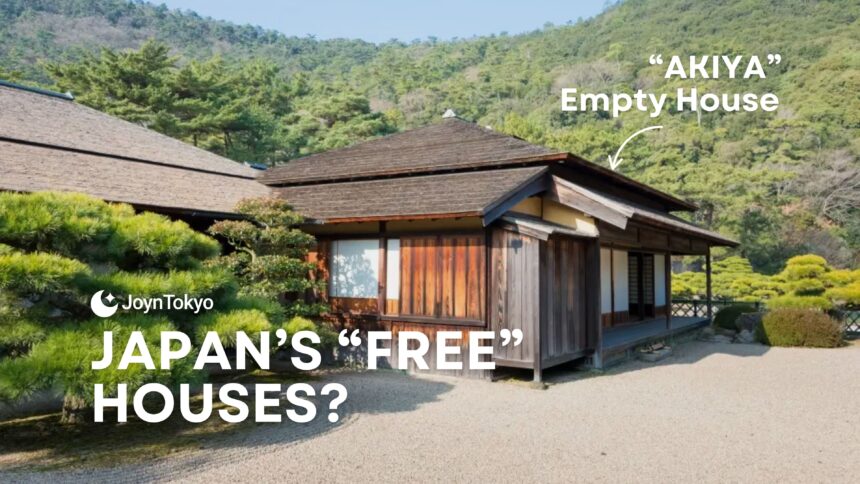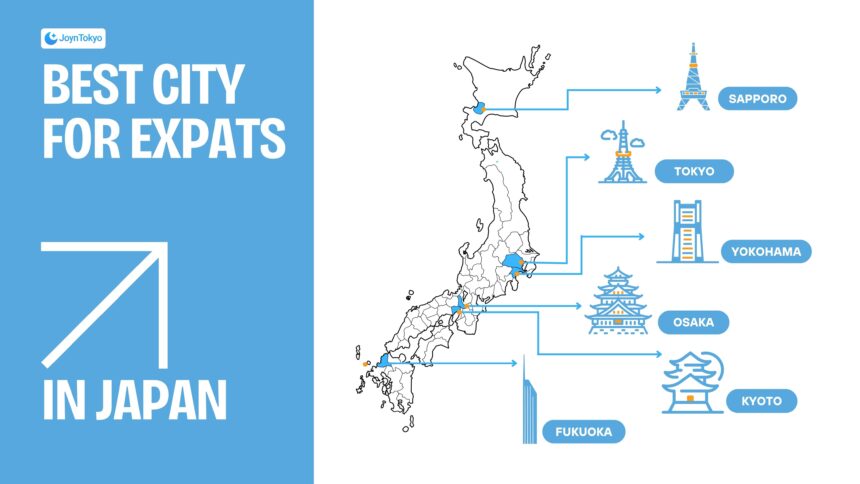Key money, known in Japanese as reikin (礼金), is a nonrefundable payment a tenant often pays to a landlord when signing a lease. It literally means “gratitude money,” and historically it was paid as thanks for being allowed to rent the property. For many foreigners it feels odd because it is not a deposit held against damage, it does not get returned, and it can add a hefty up-front cost to moving.
How and why key money was adopted
Key money grew out of Japan’s postwar housing market, when demand vastly outstripped supply and landlords could ask for premium upfront payments. Over time this evolved into a cultural custom, framed as a gesture of thanks rather than a contractual security, and it stuck because landlords and brokers continued to use it as a way to raise initial revenue. Although the housing shortage that spawned the practice has long eased, the custom persisted in many urban markets, especially in Tokyo and other big cities.
Is key money legal
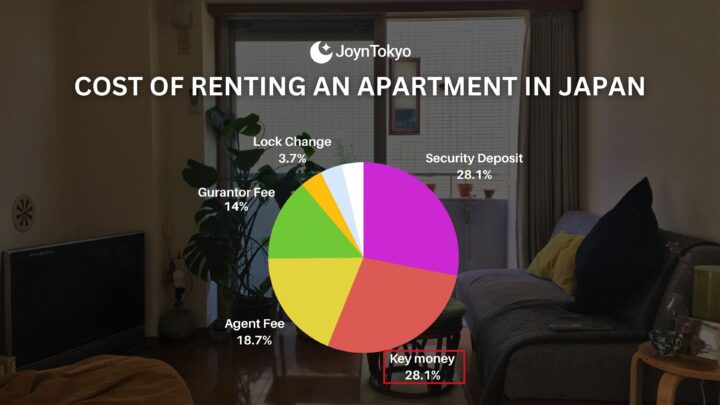
Yes, key money itself is legal, it is a contractual term agreed between tenant and landlord, and courts generally treat it as part of the lease conditions. There is no single nationwide law that bans or requires reikin, however the terms must be clear in the contract, and any deductions or charges must follow normal rules on contractual fairness and the landlord’s repair obligations. For disputes about deposit returns or unreasonable deductions, tenants can seek guidance from local consumer centers or legal advice.
Is key money required
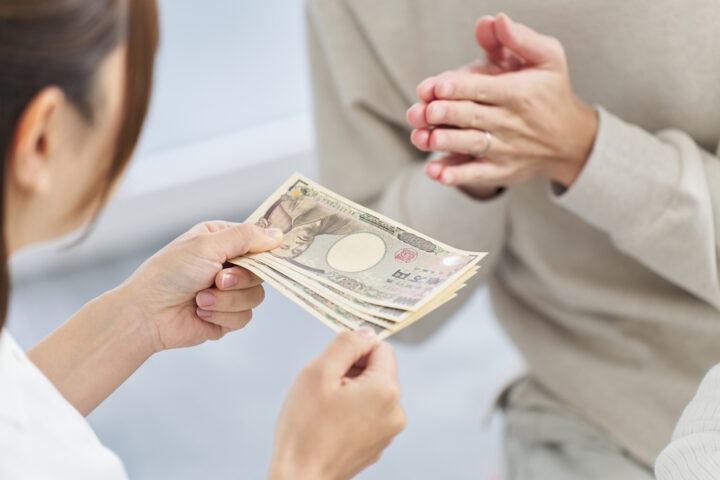
No, key money is not universally required. Whether you pay reikin depends on the listing, the landlord, the building, and the local market. In some regions and in many newer or foreigner-friendly listings you will find “zero reikin” advertised, while in competitive central neighborhoods one to two months’ rent as key money is still common. Always check the listing details and ask the agent to itemize initial costs, so you can see which fees are refundable and which are not.
Typical amounts and other initial fees
Key money is normally expressed as a multiple of monthly rent, most commonly one month, sometimes two months. It is charged in addition to the security deposit, called shikikin (敷金), which is refundable less any repair costs. Other up-front charges you should expect are the agency fee, first month’s rent paid in advance, fire insurance, and sometimes a guarantor company fee. Add those together and initial move-in costs can easily total several months’ rent.
How to avoid or reduce paying key money
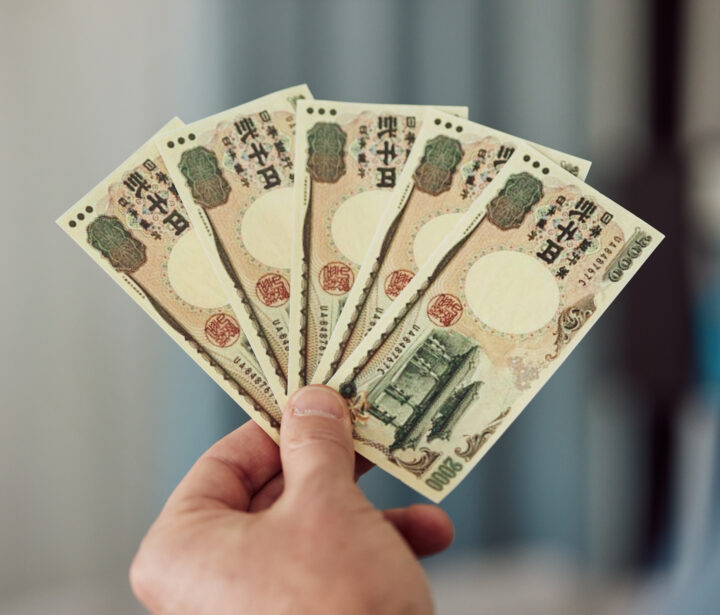
Avoiding key money is possible if you approach the rental process strategically. Many listings today are advertised as no reikin, particularly in newer buildings or areas where landlords want to attract tenants. Negotiating through the agent is another option, especially if you are willing to offer a longer lease, move in quickly, or agree to a slightly higher monthly rent in exchange for waiving the fee. Using foreigner-friendly or English-speaking real estate services can also increase your chances, as these agencies often sp
ecialize in zero-reikin properties. Some landlords may accept alternatives, such as signing with a guarantor company or placing a larger refundable shikikin instead of paying nonrefundable reikin. Timing also plays a role, since landlords are more likely to waive key money during slow rental seasons or if the unit has remained vacant for some time.
Practical checklist when you sign
Even if you manage to avoid paying reikin, the rental process in Japan involves several other upfront costs and responsibilities. To protect yourself, carefully review the breakdown of all fees, confirm which payments are refundable, and make sure everything is clearly stated in writing. Keep copies of receipts and contracts, take move-in photos to distinguish between normal wear and tear and damage, and if you do not read Japanese, ask for an English translation or for the agent to explain each clause. These small steps can save you from costly disputes later.
- Ask for an itemized breakdown of all initial charges and get it in writing.
- Confirm which fees are refundable and the exact conditions for deductions on move-out.
- Keep copies of the contract and receipts, and take move-in photos so normal wear and tear is distinguishable from damage.
- If you do not read Japanese, request an English translation or an agent who will explain every clause. Failure to understand contract wording is a common source of disputes.
Final Thoughts on Key Money
Key money remains a legal and traditional part of many Japanese rental agreements, but it is not mandatory in all cases. Understanding the difference between reikin and shikikin, seeking out listings that explicitly advertise “no reikin,” and working with a knowledgeable agent can significantly reduce your initial moving costs. With the right preparation and a bit of negotiation, tenants can avoid unnecessary fees and enter their new lease with more confidence.


